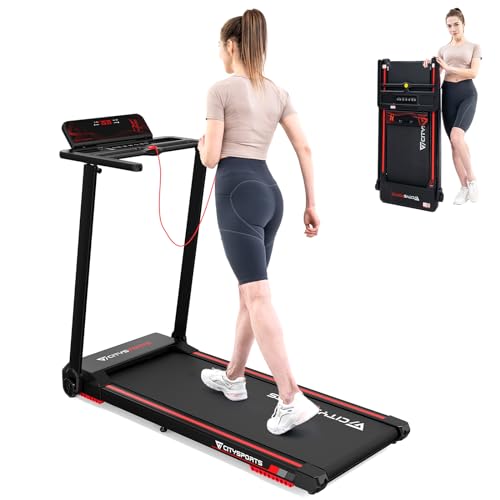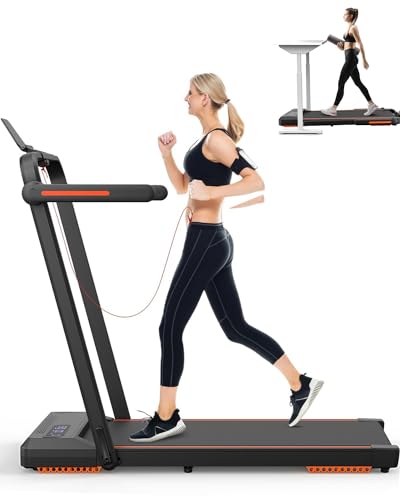The History Of Treadmill UK In 10 Milestones
페이지 정보
작성자 Gilberto 작성일25-08-10 03:45 조회3회 댓글0건관련링크
본문

Understanding Treadmills: Types, Benefits, and Considerations
Treadmills have actually become an essential part of physical fitness culture, offering a hassle-free option for people looking for to enhance their cardiovascular fitness without the need for outside spaces or weather considerations. With a range of features and models offered, prospective buyers should be educated to make the very best decision. This short article aims to provide a comprehensive summary of treadmills, consisting of the various types, benefits, and elements to consider when acquiring one.
The Different Types of Treadmills
1. Manual Treadmills
Manual treadmills are powered by the user instead of an electric motor. They require no electricity and normally include an easy design with less moving parts.

Benefits of Manual Treadmills:
- Cost-effective
- Portable and lightweight
- No reliance on electrical energy
Downsides:
- Limited functions
- Generally lack incline choices
2. Motorized Treadmills
Motorized treadmills are the most common type, powered by an electric motor. They generally use different features such as programmable exercise regimens, adjustable slopes, and greater weight capacities.
Advantages of Motorized Treadmills:
- Smooth operation and consistent traction
- Flexible with advanced functions for varied exercises
- Alternatives for slope and decrease settings
Disadvantages:
- Higher cost compared to manual treadmills
- Require electrical power and may increase electric expenses
3. Folding Treadmills
Folding treadmills are designed for simple storage, making them perfect for those with minimal space.
Benefits of Folding Treadmills:
- Space-saving style
- Easy to carry and keep
- Ideal for home usage where area is at a premium
Downsides:
- Typically may have a smaller sized running surface area
- Weight limitation may be lower than non-folding designs
4. Industrial Treadmills
These treadmills are built for sturdiness and performance, generally found in fitness centers and gym. They are designed for high usage rates and featured innovative features.
Advantages of Commercial Treadmills:
- Extremely resilient and frequently supported by guarantees
- Complete variety of features, consisting of innovative training programs
- Suitable for heavy-duty workouts
Drawbacks:
- Higher rate point
- Might be too large or heavy for home usage
| Type of Treadmill | Power Source | Typical Features | Ideal For |
|---|---|---|---|
| Manual Treadmill | None | Standard exercise metrics | Minimalist users |
| Motorized Treadmill | Electric | Programmable workouts, slope alternatives | General physical fitness lovers |
| Folding Treadmill | Electric | Space-saving design | Home users with limited space saving treadmill (Home) |
| Industrial Treadmill | Electric | Advanced training programs | Gym centers |
Advantages of Using a Treadmill
Treadmills use numerous advantages for individuals seeking to enhance their physical fitness levels or preserve an athletic regimen.
1. Convenience
Owning a treadmill allows users to work out at their own schedule, eliminating dependence on weather conditions. It supplies versatility, as workouts can happen day or night.
2. Adjustable Workouts
Lots of modern treadmills feature personalized programs to accommodate beginners and skilled professional athletes. Users can adjust speed, slope, and workout period to maximize the effectiveness of their sessions.
3. Tracking Progress
A lot of treadmills come geared up with digital screens that tape important data such as range, speed, calories burned, and heart rate. Monitoring this data assists users track their physical fitness development with time.
4. Reduced Impact
Treadmills frequently offer a cushioned surface area that can decrease joint effect compared to operating on tough outside surfaces, making them an appropriate option for individuals with joint issues or those recovering from injuries.
5. Variety of Workouts
Users can engage in numerous exercises on a treadmill, from walking and running to interval training and speed work. Some machines even use integrated courses that simulate outside terrains.
Considerations When Buying a Treadmill
When buying a treadmill, people should consider several aspects to guarantee they make a notified decision.
1. Space Requirements
- Measure Available Space: Before selecting a model, measure where the treadmill will be placed to guarantee it fits easily.
- Think About Folding Options: If space is a problem, consider buying a folding treadmill for convenient storage.
2. User Weight and Height
- Inspect the weight capability of the treadmill to accommodate its designated users.
- Make sure that the belt length is appropriate for users' strides, especially for taller individuals.
3. Functions and Technology
- Examine whether advanced features like heart rate displays, Bluetooth connectivity, and integrated training programs are essential for the desired user.
- Examine easy to use user interfaces and item reviews on display quality.
4. Service Warranty and Customer Support
- Review warranty alternatives to comprehend what is covered and for the length of time. Some models may provide extended service warranties or assurances for parts.
- Examine the brand name's track record for customer assistance in case of breakdowns or concerns.
5. Rate Range
- Consider your budget plan however bear in mind that less expensive models may do not have functions, resilience, or service warranty support.
- Check out financing choices if buying a higher-end design.
FAQs About Treadmills
1. What is the typical life expectancy of a treadmill?
Normally, a premium treadmill can last in between 7 to 12 years, depending upon use, upkeep, and develop quality.
2. What is the best treadmill brand?
Popular brand names consist of NordicTrack, Sole Fitness, Precor, and LifeSpan, each known for their quality and customer fulfillment.
3. Can I utilize a treadmill for walking?
Yes, treadmills are perfect for walking, jogging, or running, making them versatile for users of all physical fitness levels.
4. How typically should I service my treadmill?
Regular upkeep is generally advised every six months to guarantee optimal efficiency and longevity.
5. Is it okay to operate on a treadmill every day?
While operating on a treadmill daily is acceptable for some, it's smart to integrate rest days or alternate exercises to avoid prospective overuse injuries.
In conclusion, treadmills remain a popular choice for fitness lovers looking for flexibility and customizability in their workout routines. By comprehending the different types available, their benefits, and crucial factors to think about throughout purchase, users can make an informed decision that aligns with their physical fitness objectives and way of lives.
댓글목록
등록된 댓글이 없습니다.

